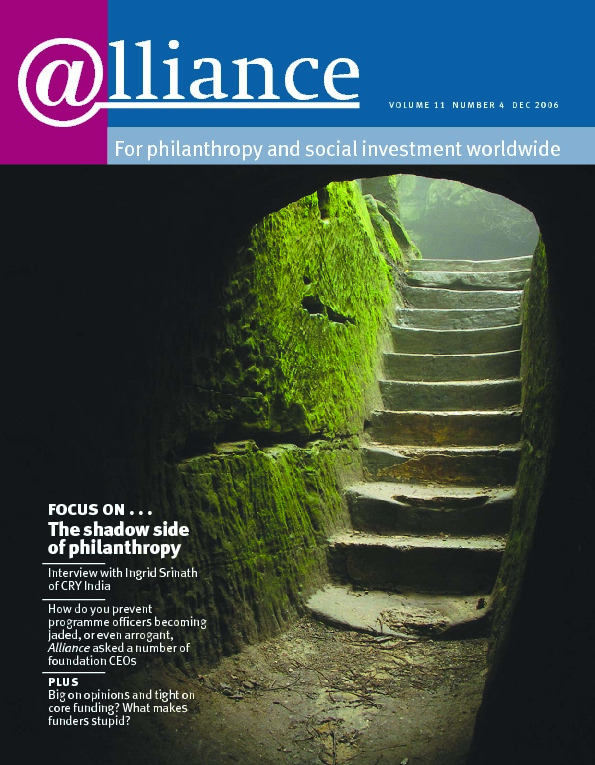On 18 October, in a small room in the House of Lords, BRAC UK was officially launched. It was a modest occasion of huge significance. We are all used to Oxfams and ActionAids establishing themselves all over the world, but this is probably the first example of a major developing country NGO establishing a branch in the North.
BRAC has been working in Bangladesh for 34 years, said Founder and Chairperson Fazle Hasan Abed, and its services – microfinance, disease eradication, women’s income generation, girls’ education – reach 100 million people there.
In 2002 BRAC began to move into other countries. The first was Afghanistan, where BRAC started work with returning refuges. It now has over 3,000 staff there, in 22 out of 34 provinces. After the South Asian tsunami, BRAC also started working in Sri Lanka. The next step was Africa, where BRAC is now present in five or six countries, including Tanzania, Uganda and Sudan (‘we realized that many African countries were going to find it difficult to meet the MDGs’).
But why BRAC UK? BRAC is not here just to raise money and take resources away from other UK NGOs, insisted Executive Director and sole staff member Sandra Kabir. BRAC UK will:
· raise funds for East Africa and perhaps Afghanistan, and for a residential high school in Bangladesh for 200-300 each year of the best graduates of BRAC’s primary schools;
· engage in advocacy. As well as promoting the BRAC approach and encouraging others to adopt it, BRAC UK will bring a ‘big, strident southern voice’ to policy dialogue on development in the UK. In time it hopes to join the Disasters Emergency Committee, an umbrella organization representing 13 leading UK aid agencies;
· run small pilot programmes, initially among the Bangladeshi community in East London, where conditions are very similar to those in Bangladesh, with disempowered women, health issues, etc.
‘It is time the northern aid agencies – slow, costly, unnecessary, unsustainable and sometimes more than a little arrogant – made way for their confident and capable southern cousins and consigned themselves to the history books,’ wrote Nick Cater in UK magazine ThirdSector on 18 October.
For more information
Contact Sandra Kabir at sandrakabir@yahoo.co.uk



Comments (0)